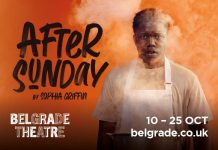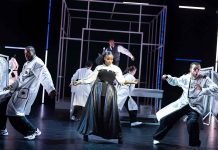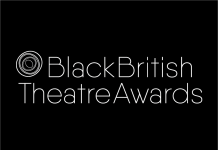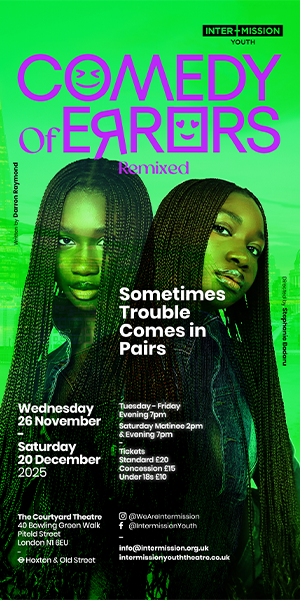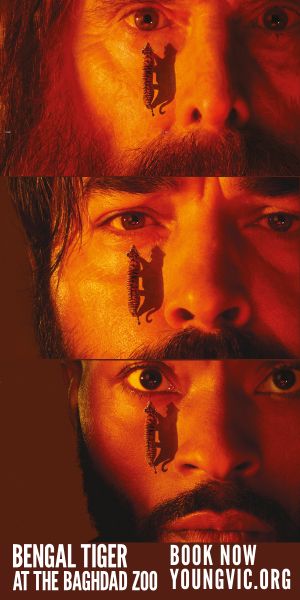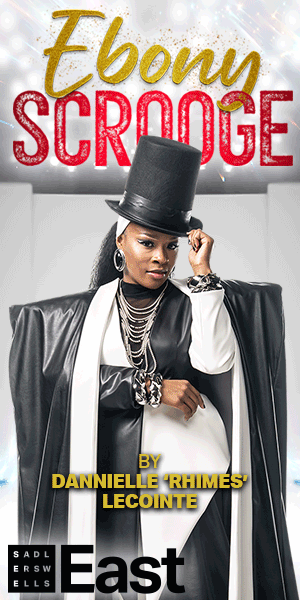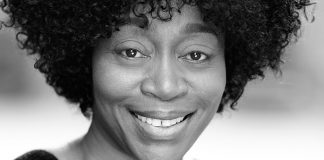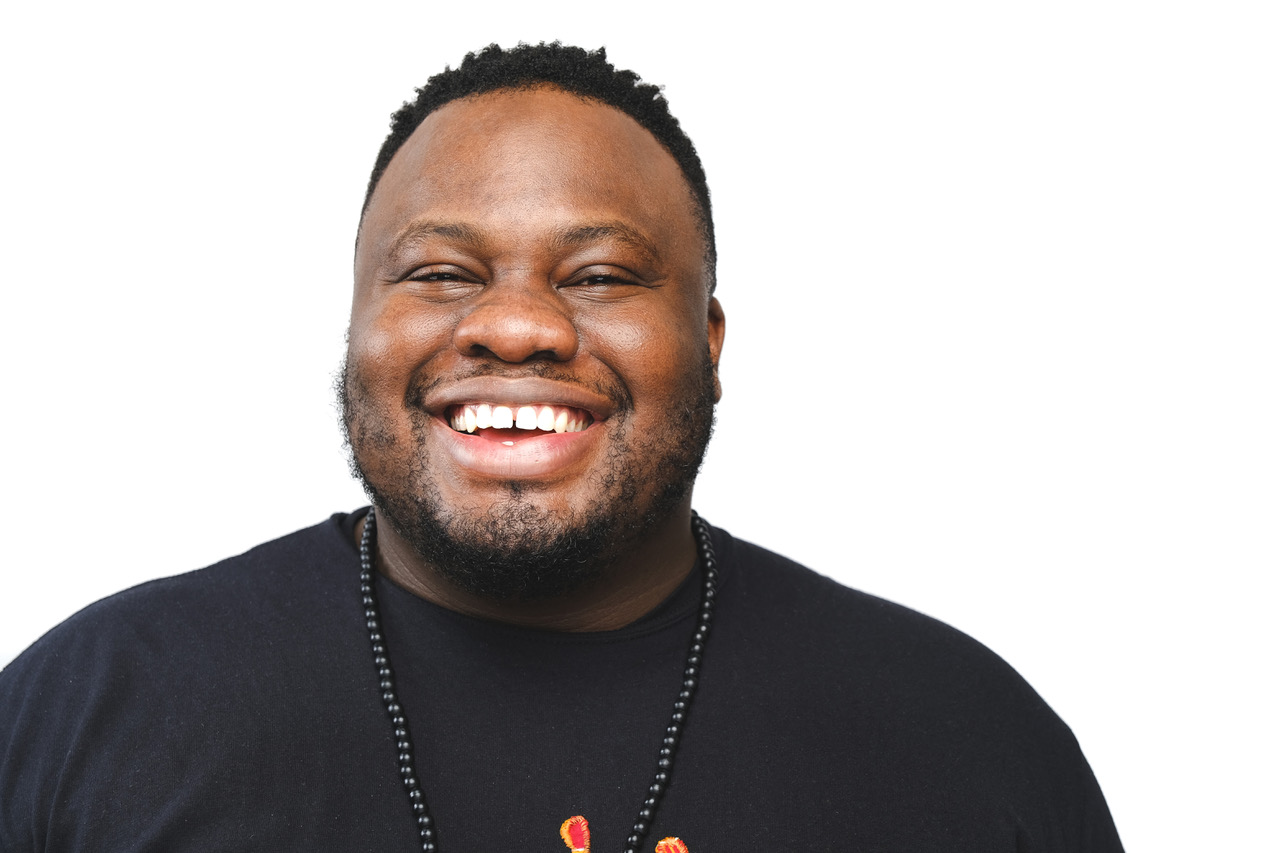
Since that gold buzzer showered him with confetti in 2020, Nabil Abdulrashid’s high tops have barely touched the ground. The comedian went on to place fourth in the national competition, competed in Celebrity Masterchef and won the Joe Annual Comedy Award for television. The funnyman shows no signs of slowing down in 2022. Alongside multiple TV appearances, Nabil is currently completing a national tour and is preparing for a weeklong run at Soho Theatre with N.A.B.I.L. (Nobody Actually Believed I’d Last). From podcasts to comedy nights, Nabil is a very busy man, which the Nigerian father of two describes as “amazing.”
“I feel very privileged to do something that I love and it still blows me away. It’s humbling for real.”
While Britain’s Got Talent (BGT) catapulted Nabil to national fame, the 36-year-old has been working as a comic for almost 15 years, in fact he made history as the youngest black stand-up to appear on Live at the Apollo (LATA) back in 2010. An achievement which he smashed in 2021 when he closed the LATA Christmas special as the headlining act.
Having people from no fixed demographic come to my shows is something I’ve always wanted to achieve
Nabil said he always knew his rise to the top would be a marathon rather than a sprint. He was even told so by comedy veteran Noel Faulkner at the start of his career as Nabil explains:
“He told me ‘You’re good, very good, but because of what you do you won’t be an overnight success. You’re gonna have to work for it.’
“He was totally right and I’m so glad that things happened for me later because now I’m better equipped to deal with things that come my way.”
Faulkner was referring to Nabil’s specific brand of comedy; a high-energy blend of politico-socio commentary and slick satire, all delivered with a healthy dose of swag. By talking about his own experiences as a Black, Muslim Nigerian in Britain, Nabil shrewdly exposes inherent prejudices, his sharp wit making audiences howl with laughter as their brains catch up.
What makes Nabil’s material unique is also what has sparked a wave controversy around the South Londoner, and even prompted over 3000 complaints to Ofcom (later rejected by the television watchdog) about his race related BGT routines.
The comedian says of his style: “I want to make people laugh, but I also want to sit people down and tell them what it is like for me, and for other marginalized people without alienating them.”
The changing face of his audiences from heavily Black and Asian fans to “posh ladies drinking champagne, African immigrants, wannabe football hooligans and everyone in between,” is a testament to Nabil’s success in making his thought-provoking material mainstream.
The award-winner says bringing people from all background together through comedy was always his goal, just like his heroes including Eddie Murphy and Richard Pryor.
“Richard Pryor was performing when black people would be killed for going to the wrong part of town. But he had black folks and white folks sitting down together laughing. Having people from no fixed demographic come to my shows is something I’ve always wanted to achieve.” says Nabil.
In his routines, Nabil talks openly about the Islamophobia he faces, always with his tongue lodged firmly in his cheek with lines such as: “My name means…my phone calls are monitored.”
Growing up in Kaduna, Northern Nigeria, Nabil was watching a VHS tape of Eddie Murphy’s Delirious from the age of five, moving on to Chris Rock and Dave Chappelle as a teen. Nabil also counts breakout Jewish comedians such as Lenny Bruce and Mort Sahl among his inspirations, saying:
“The best comedy comes from the marginalized. I have a lot of respect for Jewish comedians, because they were a community that was diverse, but had a common experience to rise above the situations that were prevalent then. Now we have Islamophobia, not that Anti-Semitism has gone away, but if you look at the way media attacks Muslims now, it’s almost taking a page form the handbook of the Anti-Semites of the 1950s.”
In his routines, Nabil talks openly about the Islamophobia he faces, always with his tongue lodged firmly in his cheek with lines such as: “My name means…my phone calls are monitored.”
The comic explains that there is a rich culture of Muslim comedy that the West just isn’t aware of.
“That’s changing largely through Muslim TikToker and YouTubers putting themselves out there, but comedy still isn’t something a lot of people would associate with us,” says Nabil.
Offstage, his commitment to his faith has also seen Nabil raise over £3 million for different Muslim organisations through comedy fundraisers. As well as supporting the wider community, the activist says he wants to challenge the Western perceptions of Islam.
“Simply by the way I look, the way I sound, the fact that I’m doing what I’m doing, I’m showing people that there is no typical Muslim,” says Nabil.
Indeed, Nabil does defy categorization. Of Hausa stock, he grew up speaking Hausa, some Arabic, Ebo and French but drops London slang with all the body-popping gesticulation of a Croydon native. He has an inherent cockiness, but positively gushes with admiration as he lists the achievements of performers such as Russell Peters and Bill Burr. He talks animatedly about inner city culture, but also boasts an impressive knowledge of European, African and Asian history.
Nabil fits no stereotype, but that hasn’t stopped the press trying to crowbar him into one. When news broke that he spent time in prison in his early twenties, the headlines spoke only of his bygone mistakes. The fact that it this happened over a decade ago and Nabil now works to help young people avoid making bad choices didn’t fit their preferred narrative.
The standup took this in his stride and has overcome multiple challenges to become as he puts it: “One of those annoying people who’s on telly all the time.”
Indeed, Nabil has cemented himself as a household name, appearing as a guest on shows ranging from Steph’s Packed Lunch to House of Games alongside touring the country as a standup. While questions about his upcoming plans were met with the quip “World domination!” and a maniacal laugh, Nabil does hint that his vocal skills will be put to the test. He’s also working on new material, his current tour is a preview of a work in progress, You are Free.
As a man much in demand, I am curious how Nabil is dealing with the heavy workload that comes with his newfound fame. He graciously says: “I’m really just so grateful. I get to do a job where I spend the morning with my kids and then go onstage and say how I actually feel, which is a privilege that most people don’t have. I also get so many messages from people saying things like their Mum’s sick or they’re going through something, but seeing my standup has made their day better. That’s my hard work that has done that.”


